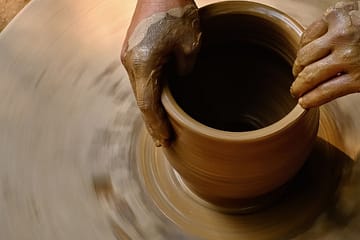The first time I stepped into a Roma dance, I felt a sense of home. I was filled with heat. I felt another pulse match and invigorate my pulse. The dance stood out from the evening of diverse dances and I knew I needed to learn more.
When I was growing up I only thought about gypsies as scrappy thieving children who were a danger to tourists. I would complain about people “gyping†me, unaware of the pejorative association with Gypsies.
When I fell in love with Roma dance, a whole new world opened up to me. I learned more about the names the Roma people choose for themselves (Rom, Roma, Romani, or maybe none of these), and their cultural influence from India to Spain.
There is a lot of romance about the gypsy wagon. Yet some of the wandering is a result of being forced to flee persecution which over the centuries has included slavery, genocide, and forced sterilization.
Roma music and dance contain the sort of treasures that cannot be stolen. Start the music and begin dancing and you can be home, no matter your circumstances.
While I have a house, insurance, and backed up data, these things don’t always fill my desire to feel at home in this world. I need to feel connected, nurtured, and authentic. I sometimes lose this thread. Like the night after I quit my job of ten years and couldn’t sleep because of a splitting migraine. That night, my feet whispered circles on the kitchen floor for an hour as I moved with the Roma dances. Gradually my shoulders loosened, my breath deepened, and my heart opened to a greater life energy.
I dance to free myself. Dancing freely isn’t simply about moving with abandon. It isn’t about romanticizing a freedom-loving Roma lifestyle. I dance as an expression of the freeing life-energy in Roma dance that helps me move gracefully through life’s uncertainties and changes.


